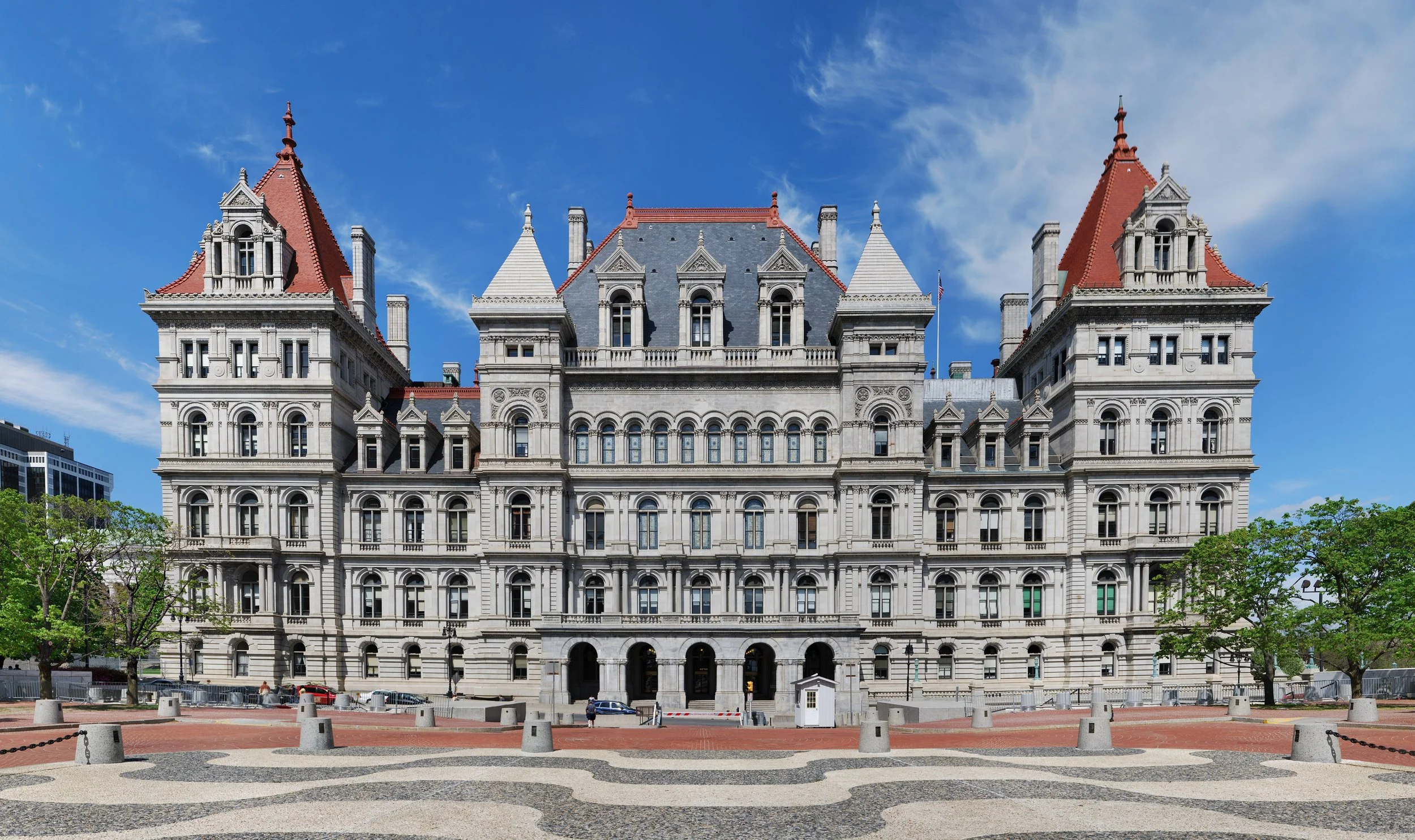SOURCE:
https://www.newsday.com/long-island/politics/bellone-suffolk-coastal-resiliency-1.50525335
By Rachelle Blidner - March 2, 2022
Suffolk County officials on Wednesday announced they will spend $1 million to plan coastal resiliency projects to counter the impact of increasing storms and flooding resulting from climate change.
A task force of environmentalists, county officials and others will identify expected effects of climate change in Suffolk and propose ways to mitigate damage and protect communities, officials said.
Projects could include beach nourishment, wetlands restoration and open space acquisition, officials said.
"This is all of us stepping forward to say that we have to aggressively address coastal resiliency. And this funding and this committee is just the beginning," County Executive Steve Bellone said at a news conference in Oakdale.
Bellone noted the funding — from a new wastewater infrastructure fund created using $125 million from the 2021 American Rescue Plan — comes as Suffolk nears the 10th anniversary of Superstorm Sandy, which caused widespread damage on Long Island.
Suffolk, with nearly 1,000 miles of coastline, already has experienced more intense storms and increased flooding, officials said.
"We are the most vulnerable. We're on the frontlines," Adrienne Esposito, executive director of Citizens Campaign for the Environment, said at the news conference.
Suffolk County Legis. Bridget Fleming (D-Noyac) said the initiative announced Wednesday follows 2019 county legislation that earmarked $200,000 for such planning efforts in the county’s capital budget.
"With this substantial investment, we have the opportunity to take bold and thoughtful action to mitigate climate change impacts with a focus on nature-based solutions," Fleming said Wednesday in a statement.
Planning efforts will facilitate the county's ability to access state and federal funding to carry out these projects, Bellone said.
By preventing loss, the county would also save money by not constantly paying to fix damaged infrastructure, officials said.
"So it's time for us to get out of reactive mode, and reacting to every disaster, and start planning to adapt to all of these change," said Alison Branco, of The Nature Conservancy.







